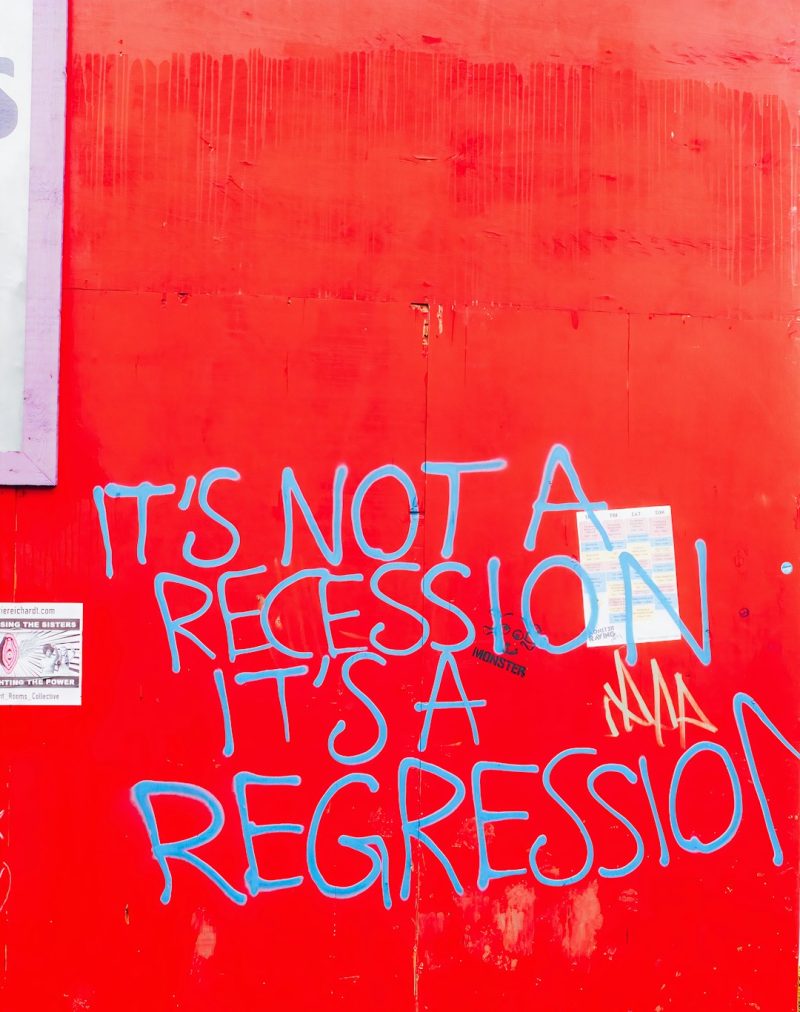
The fear of a recession looms large in many investors’ minds. While gold and bonds often serve as traditional safe havens, diversifying your portfolio beyond these stalwarts is crucial for weathering economic downturns and potentially even profiting from them. Smart diversification means identifying assets that are less correlated to the overall market, offering resilience during periods of economic instability.
One compelling option is real estate investment trusts (REITs). REITs own and operate income-producing real estate, offering a steady stream of dividends. While property values can fluctuate, the consistent rental income can provide a buffer against market volatility. However, it’s crucial to select REITs focusing on essential properties like healthcare facilities or self-storage, which tend to be less susceptible to economic downturns than luxury apartments or office buildings. Always conduct thorough due diligence before investing in any REIT.
Another often-overlooked area is infrastructure investments. Demand for infrastructure – roads, bridges, utilities – remains relatively consistent regardless of economic cycles. Investing in infrastructure can be achieved through publicly traded infrastructure funds or ETFs that provide diversified exposure to this sector. This approach allows you to participate in the growth of essential services without the complexities of direct infrastructure projects.
Dividend-paying stocks also offer a degree of recession resilience. Companies with a long history of paying dividends often possess strong balance sheets and consistent cash flows, enabling them to maintain their payouts even during challenging times. Focus on established companies in defensive sectors, such as consumer staples (food, beverages, household goods) and healthcare, which tend to be less affected by economic slowdowns. Thorough research into the financial health and dividend sustainability of these companies is vital.
Beyond traditional assets, consider exploring alternative investments. This category includes assets such as private equity, hedge funds, and commodities (beyond gold). These investments typically require a higher risk tolerance and often have illiquidity considerations. However, they can offer diversification benefits and the potential for higher returns, although they also carry the risk of significant losses. It’s essential to consult with a qualified financial advisor before investing in alternative assets.
Finally, and perhaps most importantly, don’t neglect cash. Holding a sufficient cash reserve provides liquidity during uncertain times, allowing you to capitalize on buying opportunities when asset prices fall. This strategic approach allows you to mitigate risks and potentially enhance your long-term returns.
Building a recession-proof portfolio requires careful planning and diversification. While there’s no guaranteed protection against economic downturns, incorporating these strategies can significantly improve your portfolio’s resilience and potentially even generate returns during periods of market instability. Remember to regularly review your portfolio and adjust your strategy based on evolving economic conditions and your own risk tolerance. Consulting with a qualified financial advisor can provide personalized guidance tailored to your specific circumstances and investment goals.









